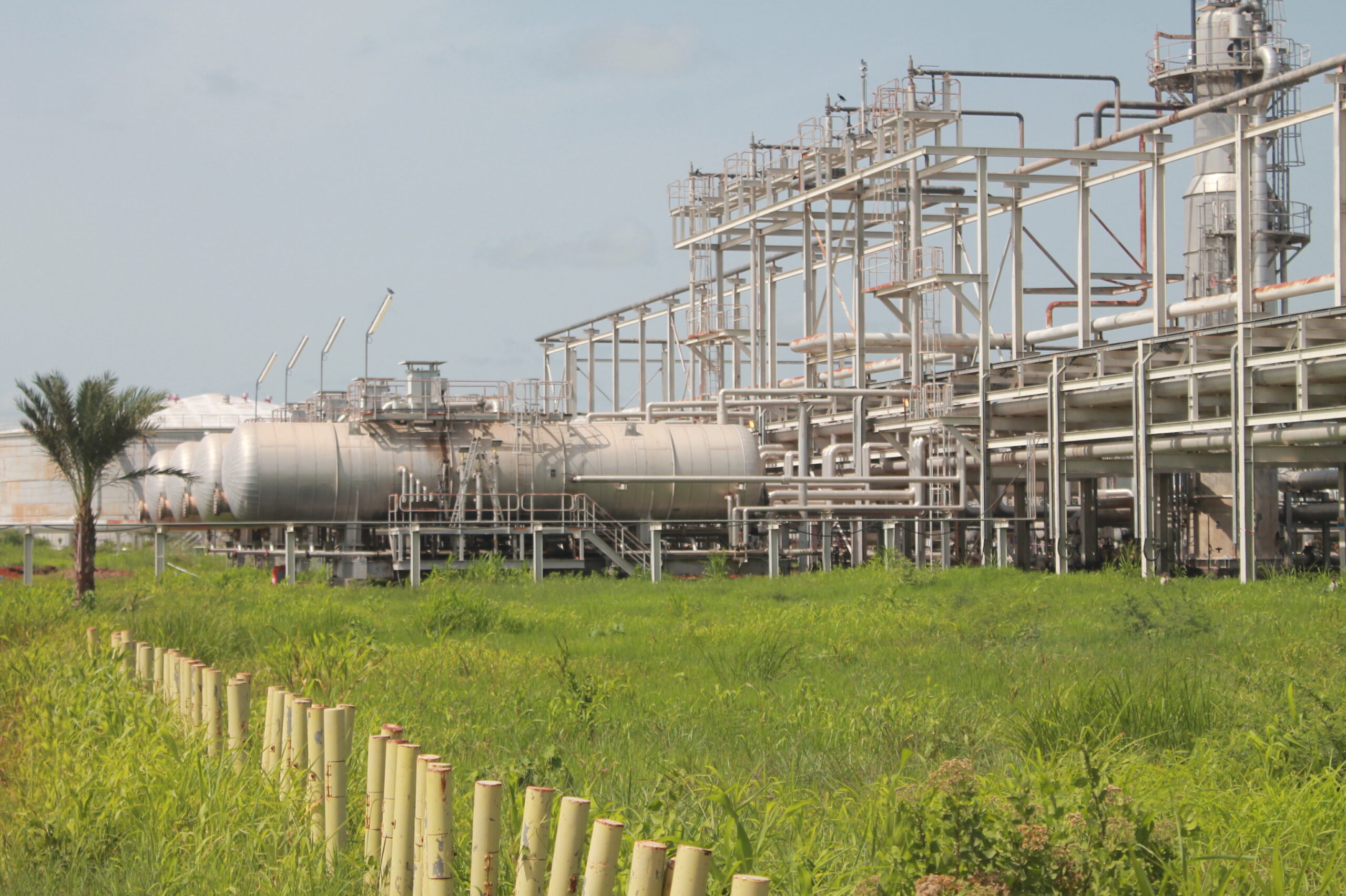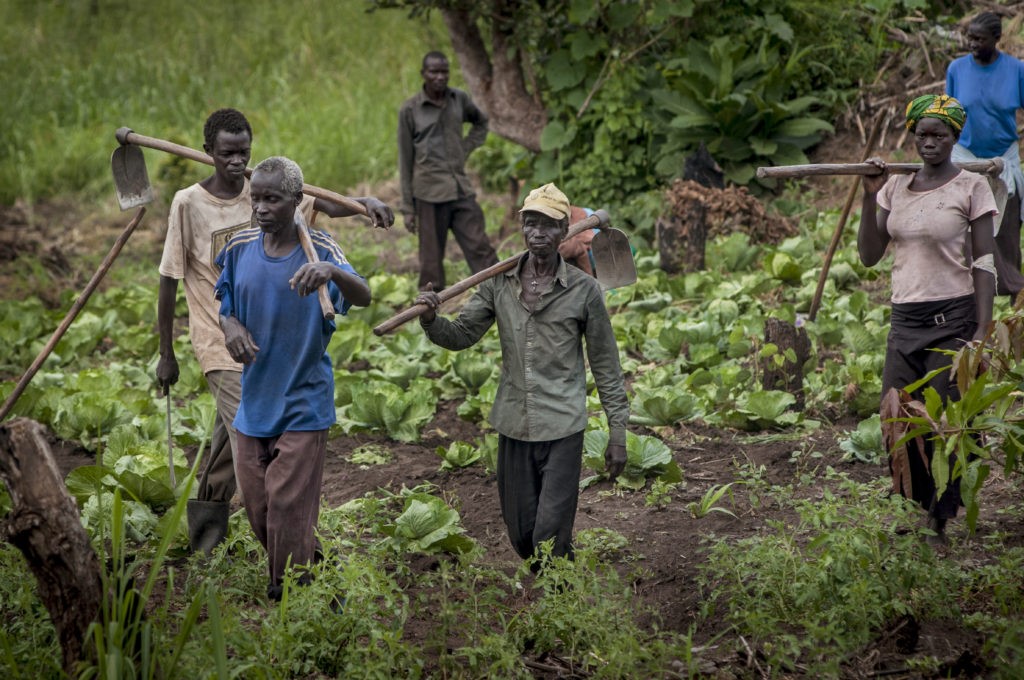
No Christmas boom for traders in South Sudan
By Tapeng Michael Ohure
South Sudanese are big spenders and when the festive period creeps in, business booms-but it’s not so this year as people’s purchasing power have failed to match a monetary policy that has seen the local currency gain against the US dollars.
Christmas in 2021 is expected to come and go without much economic activities.
Frequency into shops by consumers have already reduced since the Central Bank moved to increase its exchange rate, levelling it with the parallel rate.
The move dropped the dollar rate from 600 South Sudanese Pounds to 400 for a dollar but prices never dropped to match the move.
Traders in the capital Juba are worried business may not be as usual since purchasing power of their customers have eroded.
“I am doing this business because I want to help with my children but this business is no longer doing well since the dollar rate against the pounds has reduced,” businesswoman Flora Nene who sells fruits in the capital told Juba Echo in an interview.
“Sometimes I will sell for only 1,000 or 2,000 SSP a day yet I should buy food for my children every day, children want to take tea in the morning, and I am just shouldering this responsibility alone. This is how we are pushing with the situation,” Nene said.
“I have not bought Christmas clothes for my children and my children are not complaining because they know my condition.”
Nene urged the government to “pay the salaries of the civil servants because if the employees of the government get their salaries, they will be able to buy our goods and our business will be doing well, but if the civil servants continue not to receive their salaries, no one will buy our goods.”
A crisis which began in South Sudan in 2013 caused chaos to an economy which depended on only export of crude oil for revenue while importing all of its basic needs from foodstuffs to construction and other developmental needs.
The crisis developed into an open warfare which left 400,000 people dead and displace four million others.
Crude production dropped leaving the country seeking for loans from international financial organisations and governments.
As peace returned and a transitional arrangement was formed between President Salva Kiir and groups fighting his government including that of his First Vice President Dr Riek Machar, the COVID-19 pandemic set in, disrupting the economy further.
The International monetary Fund chipped in beginning in November 2020, providing a $50 million facility, then $172 million in March plus another $334 million in September.
While the funding helped to shore up the economy and reduce inflation, South Sudanese are yet struggling to cope with prices that have remained high.
That, with the collective effects of the war and the virus pandemic, businesses have been on a downward trend with some running bankrupt and closing.
Like Nene, Lona Juan, a mother of 4 who sells fruits along the streets of Juba is also worried about her business.
“Now Christmas is coming and the business is not doing well. Sometimes, I go home with only 1000 or 3,000 SSP,” Juan told Juba Echo.
“Life is becoming tough and I don’t know what somebody like me will do, yet I don’t have any relatives who are helping me,” she said.
“My business is not doing well.”




































